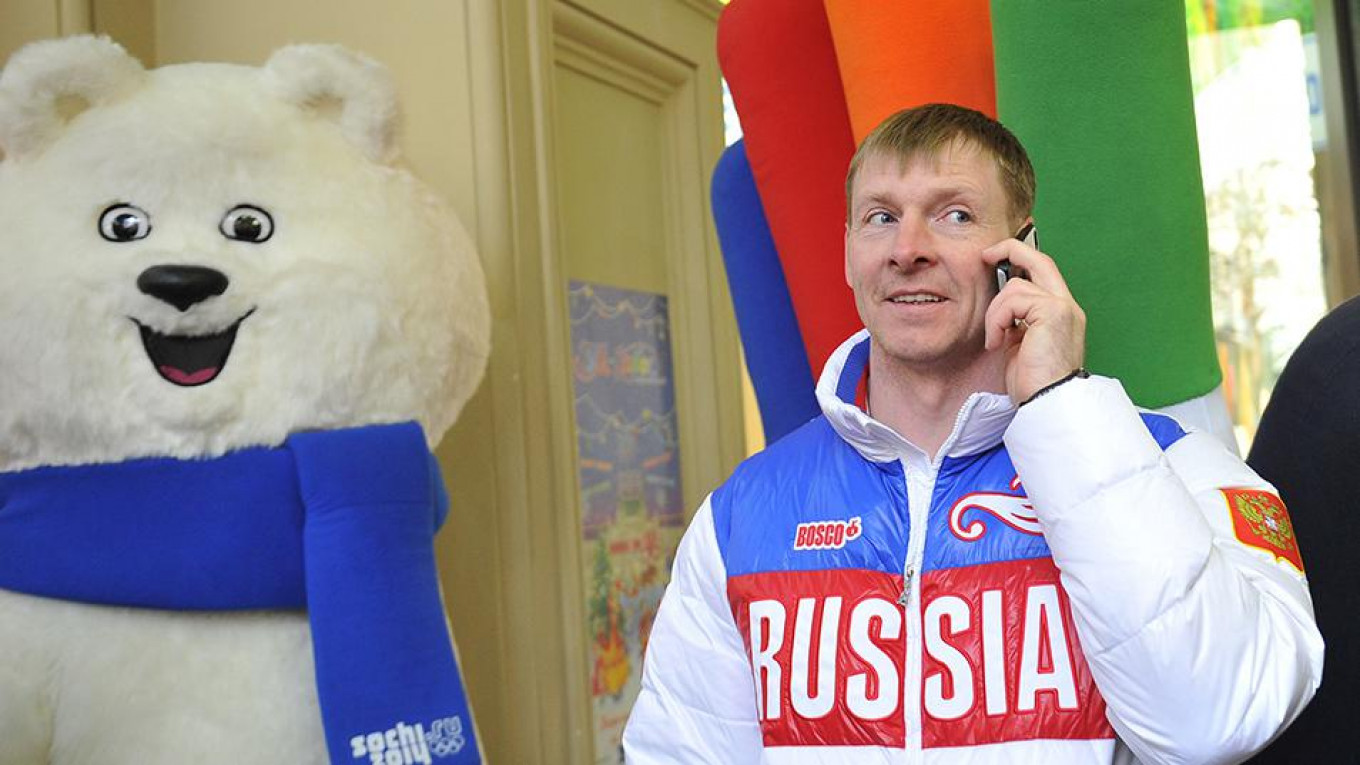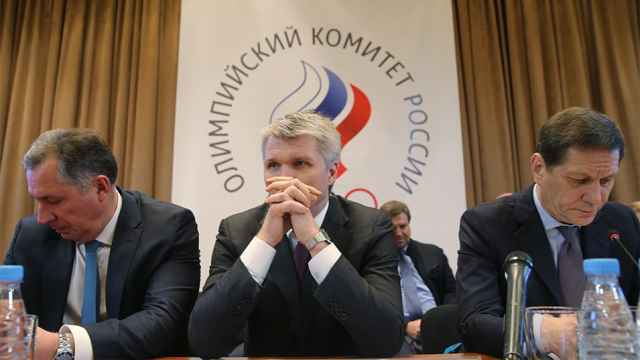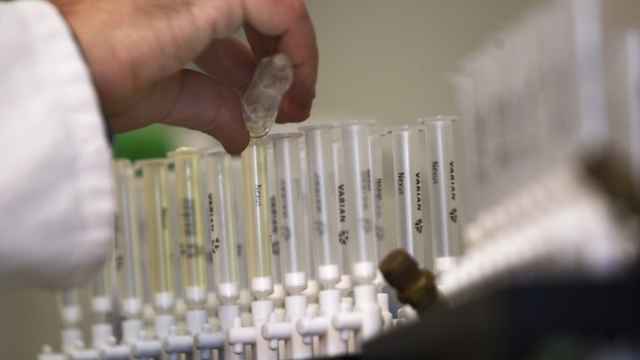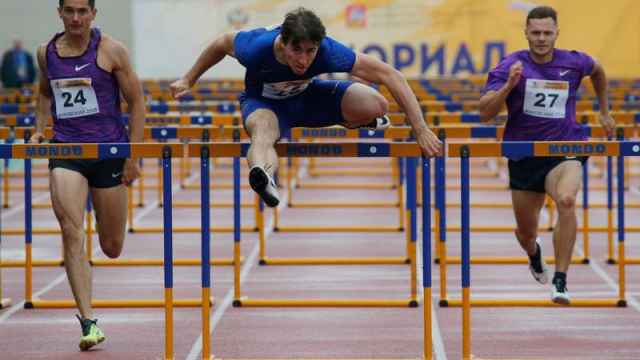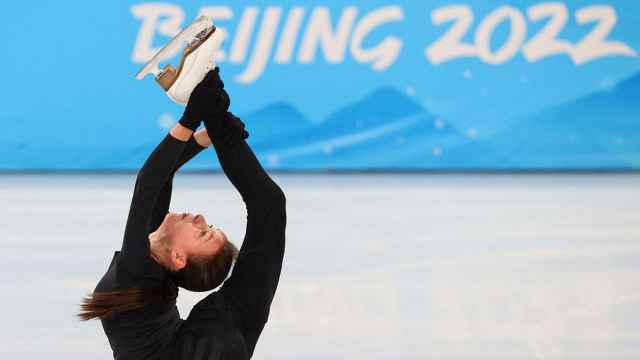The Court of Arbitration for Sport's decision to overturn doping bans imposed on 28 Russian athletes will be challenged by the International Olympic Committee at a Swiss tribunal, the IOC said on Thursday.
In February CAS overturned the bans and sanctions imposed on 28 out of a total of 39 Russian athletes for alleged anti-doping rule violations.
The other 11 athletes were confirmed to have committed doping offences although CAS said it had reduced their lifetime Olympic bans to a suspension from this year's Games in Pyeongchang.
The 39 had been sanctioned by the IOC for their alleged involvement in doping at the 2014 Sochi winter Olympics.
While CAS has yet to publish its full decisions on the athletes, the findings in two cases were published days ago.
Cross country skier Alexander Legkov was cleared of any anti-doping rule violation while bobsledder Aleksandr Zubkov's appeal was partially upheld by CAS which did, however, say that the latter was responsible for an anti-doping rule violation.
CAS said its investigation found that the evidence put forward by the IOC "did not have the same weight in each individual case" regarding Legkov and Zubkov.
The IOC said it was intending to appeal all of these 28 cases, once they have been published, in order to stop athletes they consider to be drugs cheats from competing at future Games.
"We are unsatisfied with the decision and the motivation and we will be appealing," IOC spokesman Mark Adams told reporters on Thursday.
He said the IOC was planning to take the matter of all 28 Russian athletes to the Swiss Federal Tribunal.
The Russians were banned from competing under their country's flag at the Pyeongchang Winter Games in February and took part as neutral athletes under the Olympic flag over the country's doping scandal.
Allegations of a widespread doping cover-up involving Russian athletes across many sports, and during the 2014 Sochi Winter Olympics, led to a string of investigations by the IOC and the World Anti-Doping Agency (WADA).
World athletics body IAAF has banned Russia's athletics federation since 2016 while the country's anti-doping agency has also been suspended.
Russian authorities have acknowledged transgressions but have repeatedly denied the existence of a systematic state-sponsored doping program.
A Message from The Moscow Times:
Dear readers,
We are facing unprecedented challenges. Russia's Prosecutor General's Office has designated The Moscow Times as an "undesirable" organization, criminalizing our work and putting our staff at risk of prosecution. This follows our earlier unjust labeling as a "foreign agent."
These actions are direct attempts to silence independent journalism in Russia. The authorities claim our work "discredits the decisions of the Russian leadership." We see things differently: we strive to provide accurate, unbiased reporting on Russia.
We, the journalists of The Moscow Times, refuse to be silenced. But to continue our work, we need your help.
Your support, no matter how small, makes a world of difference. If you can, please support us monthly starting from just $2. It's quick to set up, and every contribution makes a significant impact.
By supporting The Moscow Times, you're defending open, independent journalism in the face of repression. Thank you for standing with us.
Remind me later.


